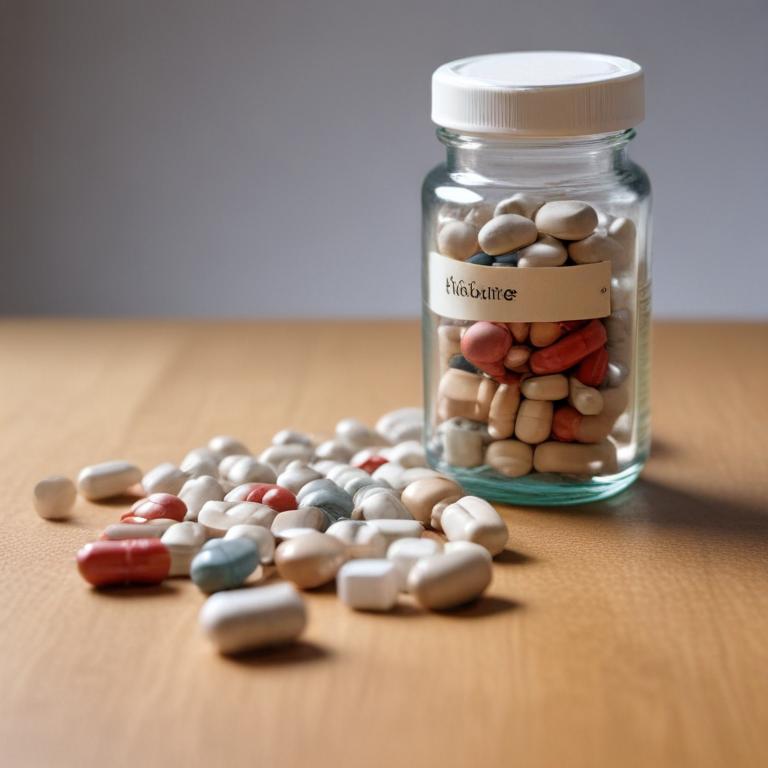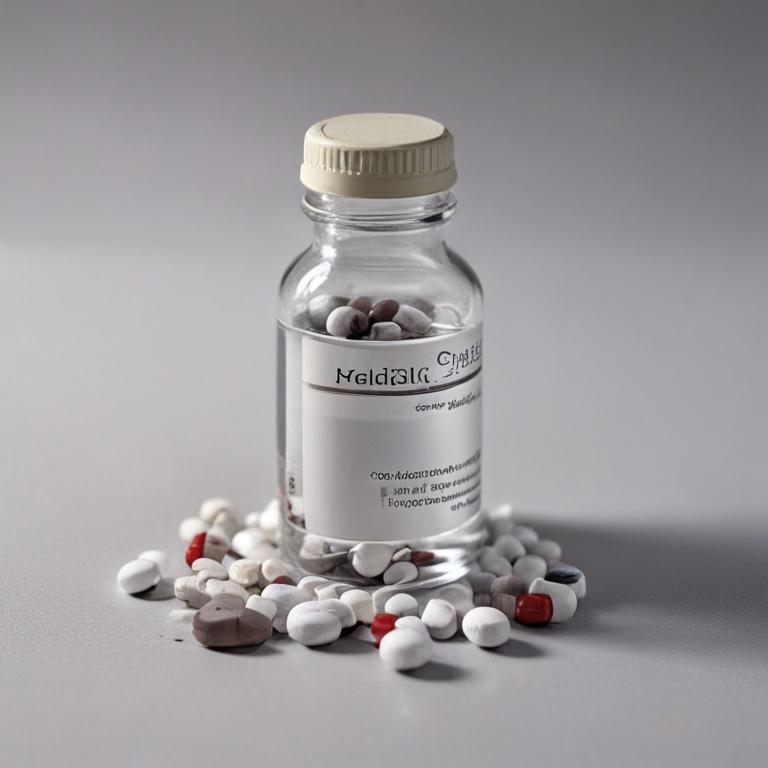发音 (Pronunciation):
IPA: /ˈmɛdɪsɪn/
中文近似: 麦迪森
中文意思与词性 (Meanings & Part of Speech):
- 药,医学;尤指用于诊断、治疗或预防疾病的物质 (n.)
- 医学学科;医学领域 (n.)
例句 (Examples):
1. She needs to take her medicine every morning.
(她每天早上需要吃药。)
2. He is studying medicine at university.
(他在大学学习医学。)
用法提示 (Usage Tip):
medicine 通常指“药物”时为不可数名词,不加冠词或复数。例如:Take medicine(吃药),不能说 take a medicine(除非指某一种特殊的药)。此外,medicine 也可泛指医学科学,与 medical(医学的)区分使用。
更多关于 "medicine" (More about "medicine")
单词来源 (Etymology)
medicine 源自拉丁语 'medicina',意为“治疗、药物”,其词根 'med-' 与“治愈、照顾”相关,最初用来指“治疗的方法”或“疗法”。
词根词缀解析 (Root & Affix Analysis)
medicine 由拉丁词根 'med-'(治愈、关心)+ 后缀 '-icine'(表名词),含义为用于治愈的东西,本身为基础词。
“medicine”的字母与词根个性化解读
字母象形/引申义 (个性化参考)
- 字母 'm' 的象形或引申含义可能包括: 山 (象形) -> 高大, 连接; 手 (男人劳动); 命令; 凸起 (嘴); 思维; 水面波纹; 音变: M=N=L=R; M=B=P=F=V。
- 字母 'e' 的象形或引申含义可能包括: 眼睛 (窗户符号引申); 向外 (ex-变体); 元音互换: A=E=I=O=U=W=Y。
- 字母 'd' 的象形或引申含义可能包括: 门 (象形); 向下 (门引申); 牙 (嘴的门); 音变: D=T=S=TH。
- 字母 'i' 的象形或引申含义可能包括: 我 (an, any, one -> 人); 水滴 -> 水 (ice); 尖, 一点, 小 (inch); 元音互换: A=E=I=O=U=W=Y。
- 字母 'c' 的象形或引申含义可能包括: 骆驼头 (象形) -> 运输 (car); 抓 (手型); 砍 (弯刀); 包围 (形状); 合并; 叫喊 (嘴型); 走/动; 音变: C=G=K=S。
- 字母 'n' 的象形或引申含义可能包括: 水 (M=N); 鼻音 (nose); 突出/生长/新生; 门 -> 否定 (no, not); 连接; 音变: N=M=L=R。
学习提示:以上针对单词 medicine 的字母和词根解读,主要基于提供的特定象形及词根资料。这些提示旨在启发联想,而非绝对定论。更通用的记忆规则和原则请参考首页。英语词源复杂多变,实际应用中请结合更全面的词源词典和语言学知识进行深入学习。
常用词组 (Common Phrases)
- take medicine: 吃药
- traditional medicine: 传统医学
- medicine cabinet: 药柜
- study medicine: 学医
其他语言 (Other Languages)
- 德语: Medizin
- 法语: médecine
字母整体创意联想
medicine 这个单词较长,可以联想到“me”像是一个人,“di”像是滴落的药水,“cine”联想为电影院(许多医学纪录片在电影院放映),把药水滴入身体,看病如同放电影,展现健康的画面。
逐字母创意解读
中文谐音助记
“medicine” 谐音“麦的心”,记忆为“麦迪心”,联想到‘药物像小麦一样滋养人的心灵’。
相关电影/名言
"Take your medicine, and everything will be alright."
(吃了药,一切都会好的。)
- 《忠犬八公的故事》(2009)
趣味知识/故事
在英语中,“medicine” 曾用于美洲印第安文化,意指一种神秘的灵力或治愈之力。在19世纪的西部牛仔电影里,经常能听到“good medicine”(好运)的说法。此外,世界上第一位获得诺贝尔医学奖的女性是玛丽·居里,她也通过“medicine”这个词将新的医学知识引进生活。
拓展信息
medicine 与 drug 区别:medicine 强调“用于治疗或预防疾病的药物或医学学科”,而 drug 泛指“药物”,包括非法或娱乐性药品。
美式和英式发音略有不同,美式多为/ˈmɛdɪsɪn/,英式为 /ˈmedɪsɪn/。
在口语中,medicine 有时可泛指一切有疗效的东西,比如“laughter is the best medicine”(笑是最好的良药)。
网络参考 (More about "medicine" from the Web)
Medicine
About the Journal. Medicine® is an open access publication, providing authors with continuous publication of original research across a broad spectrum of medical scientific disciplines and sub-specialties.
Medicine - Wikipedia
Medicine (UK: / ˈ m ɛ d s ɪ n / ⓘ, US: / ˈ m ɛ d ɪ s ɪ n / ⓘ) is the science and practice of the diagnosis, prognosis, treatment, and prevention of disease.[4] [5] The word "medicine" is derived from Latin medicus, meaning "a physician".[a] [7] The word "physic" itself, from which "physician" derives, was the old word for what is now called a medicine, and also the field of medicine.
WebMD - Better information. Better health.
WebMD offers comprehensive and reliable health and medical information on various conditions, drugs, supplements, well-being, and more. Find a doctor, read news and blogs, take a symptom checker, and access tools and calculators.
更多图片 (medicine More Images)

